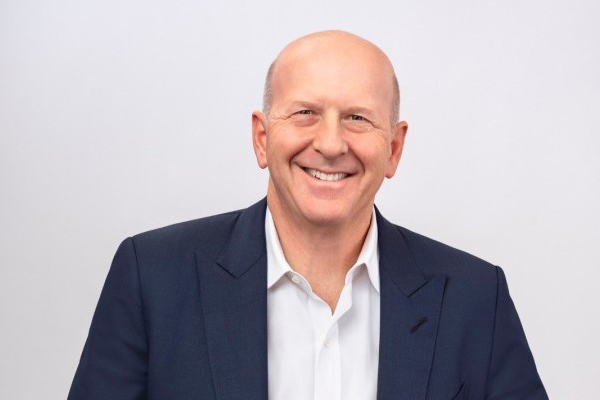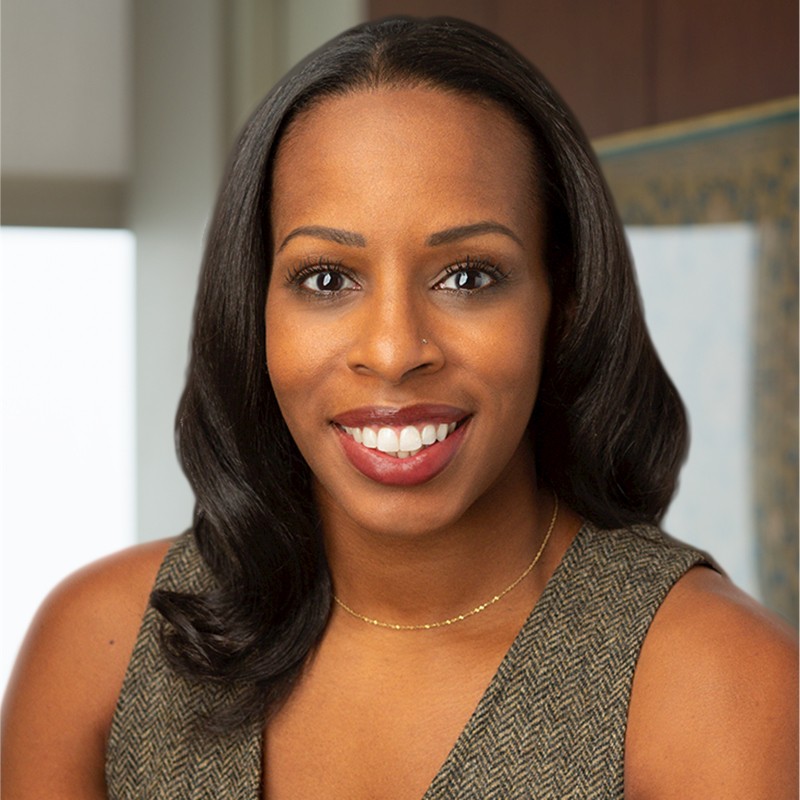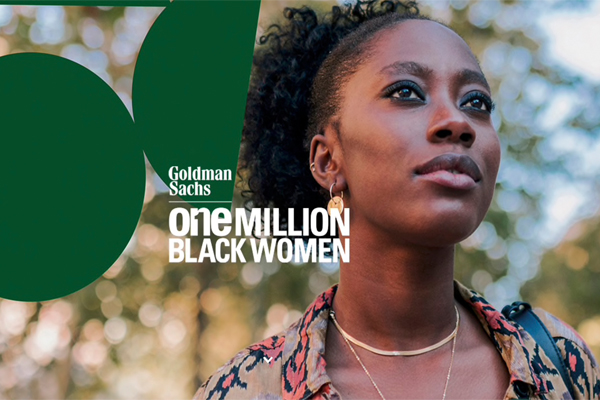Goldman Sachs has committed $10 billion to support – and unlock the economic and leadership potential of – Black women over the next decade through its newly launched One Million Black Women initiative.
The bank’s initiative, focusing on healthcare, job creation and education, aims to impact the lives of at least one million Black women by 2030. It will also commit $100 million in philanthropic capital over the next decade to address the dual disproportionate gender and racial biases that Black women have faced for generations; which have been exacerbated by the pandemic.
Melanie Campbell, Convener of the Black Women’s Roundtable and President and CEO of the National Coalition on Black Civic Participation, and a partner with Goldman Sachs on the programme, described the initiative as “transformational”. “What Goldman Sachs is doing has the potential to materially impact the lives of Black women, their families and communities across the country,” commented Campbell.
UNLOCKING ECONOMIC & LEADERSHIP POTENTIAL
Black Womenomics, a study published by Goldman Sachs, estimates that reducing the earnings gap for Black women has the potential to create 1.2 to 1.7 million US jobs; and increase the annual US GDP by $300 to 450 billion in current US dollars. “Our newly published research suggests that no investment could have a bigger impact than unlocking the economic potential of Black women,” stated David M Solomon, Chairman and CEO of Goldman Sachs. “In the face of significant disparities, they’ve shown admirable resilience; especially as they’re starting businesses faster than anyone else in the US. Building on our 20-year history of investing in female entrepreneurs and underserved communities, we are now proud to partner with Black female-led organisations and an outstanding advisory council to invest in opportunities to unlock their economic and leadership potential.”

This first-of-its-kind investment in Black women will be done through direct investing and grants. Initial investments are underway through a variety of strategic channels. This includes partnerships with Hope Enterprise Corporation, mayors and HBCUs; organisations with significant ties to the communities in which they operate across the American South to distribute and lend capital.
“One Million Black Women will be central to our inclusive growth priorities and goals over the next decade,” said Dina Powell McCormick, Global Head of Sustainability and Inclusive Growth for Goldman Sachs. “The initiative will be guided by partners with whom we have worked for nearly two decades to build our programmes that impact underserved communities and women across the US.”
RECOGNISING POWER OF BLACK WOMEN
“Black women are at the centre of this investment strategy because we know that capital has the power to affect change; and we know that Black women have the power to transform communities,” pointed out Margaret Anadu, Global Head of Sustainability and Impact for Goldman Sachs Asset Management. “If we can make our economy work for Black women, we all benefit.”

Adding to her comments, Asahi Pompey, Global Head of Corporate Engagement and President of the Goldman Sachs Foundation, stated: “Let there be no doubt; investing in Black women has a massive ripple effect on our communities and economies. This initiative recognises the power of Black women and puts their needs and voices at the centre.
The investment will be grounded in the voices and experiences of Black women, said the bank. Black women leaders across Goldman Sachs developed and will continue to lead this initiative alongside an Advisory Council of Black leaders. They include Walgreens’ CEO Rosalind Brewer, Secretary Condoleezza Rice, Apple’s Vice President of Environment, Policy and Social Initiatives, Lisa Jackson, Ford Foundation’s President Darren Walker and National Urban League’s Marc Morial.







































